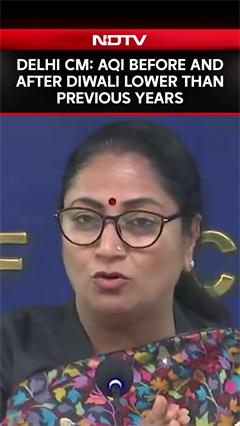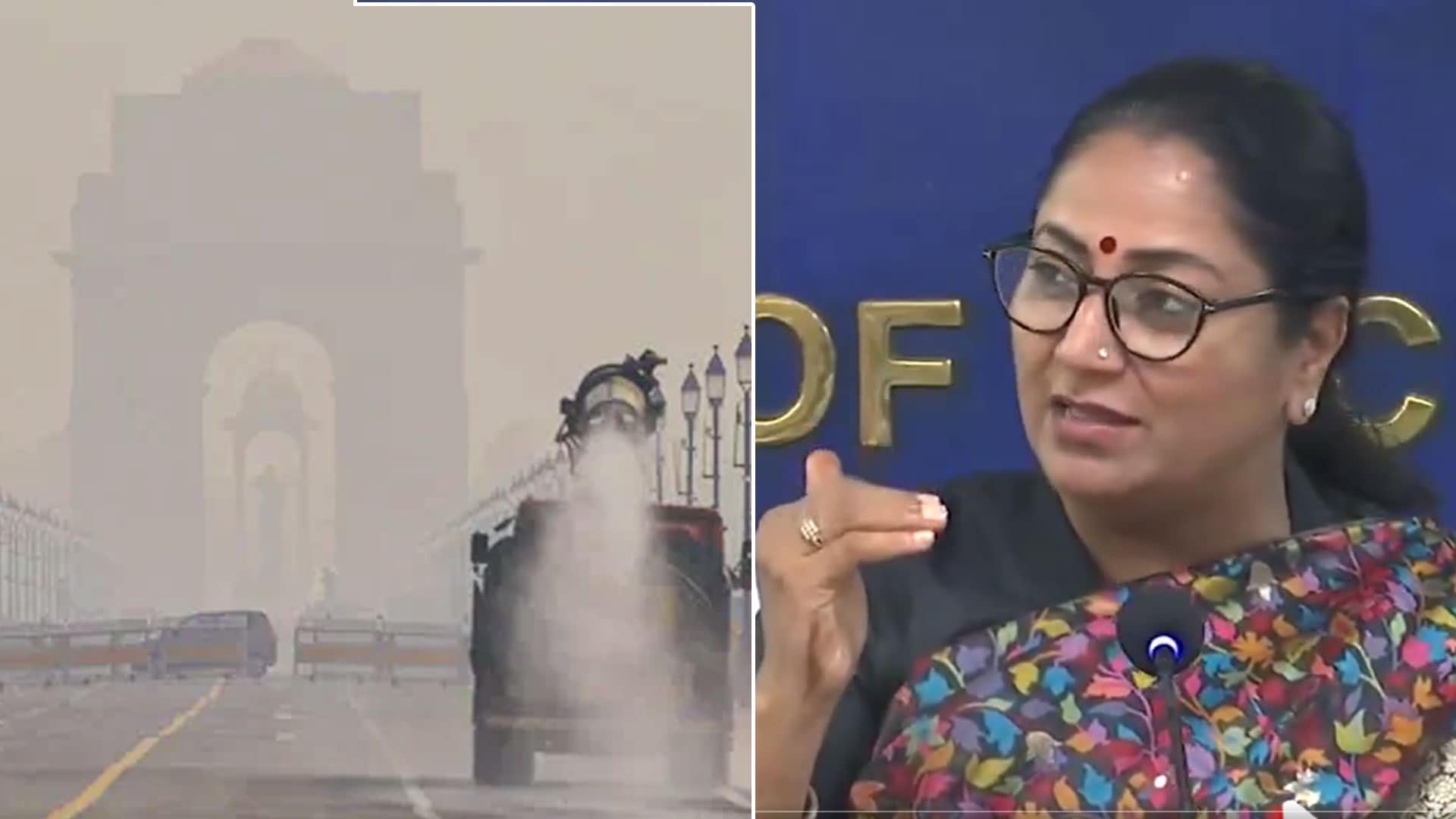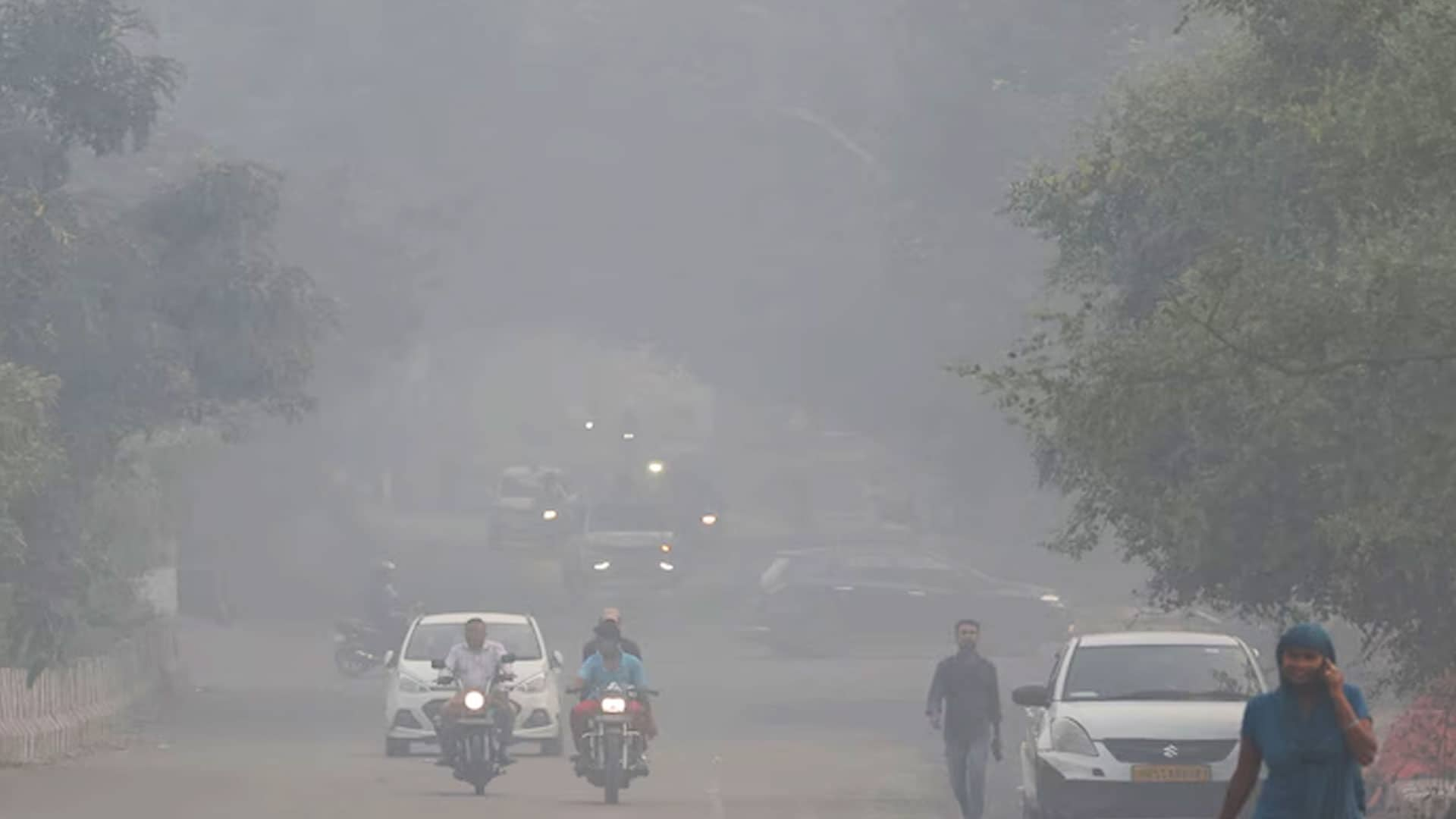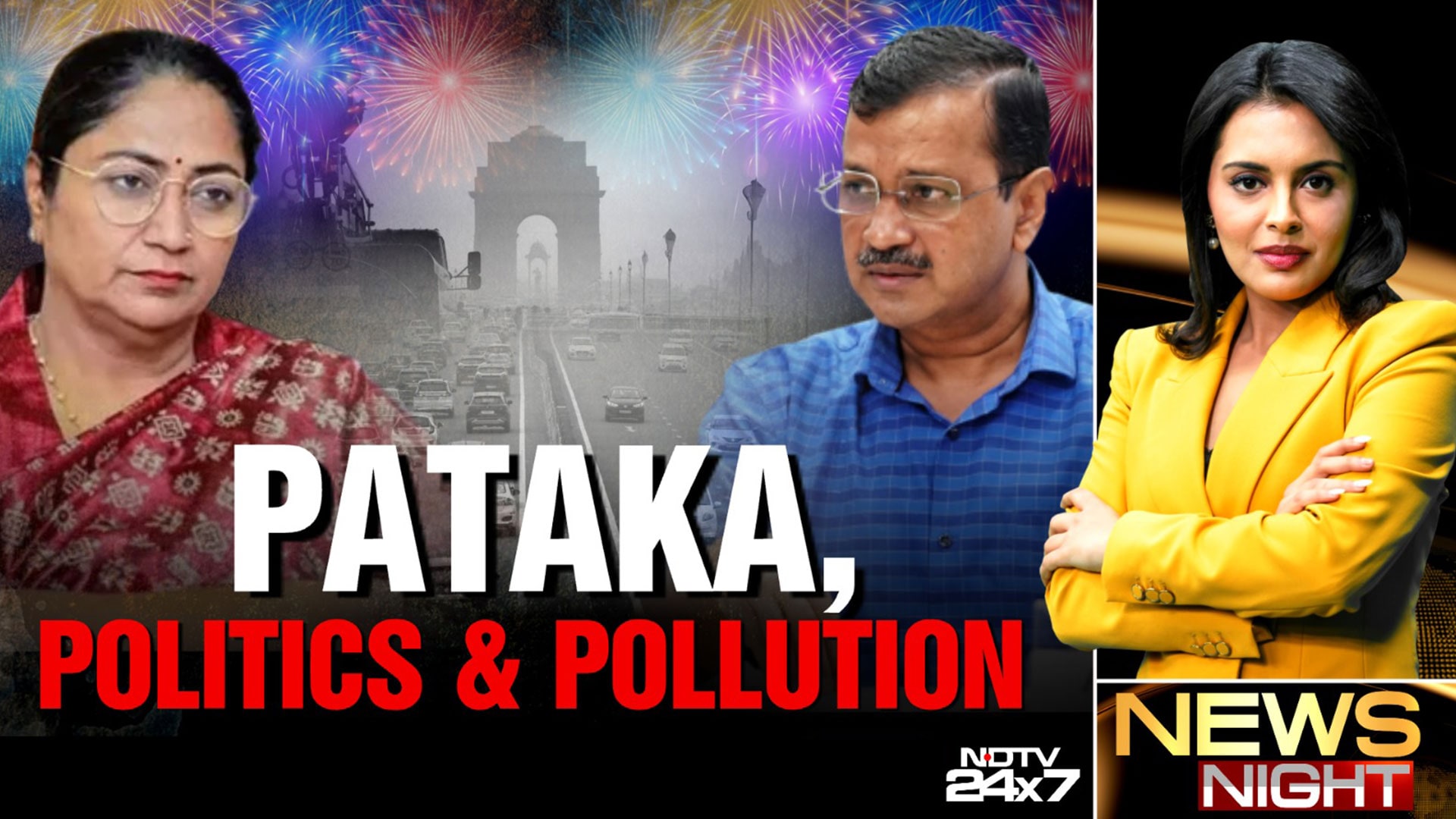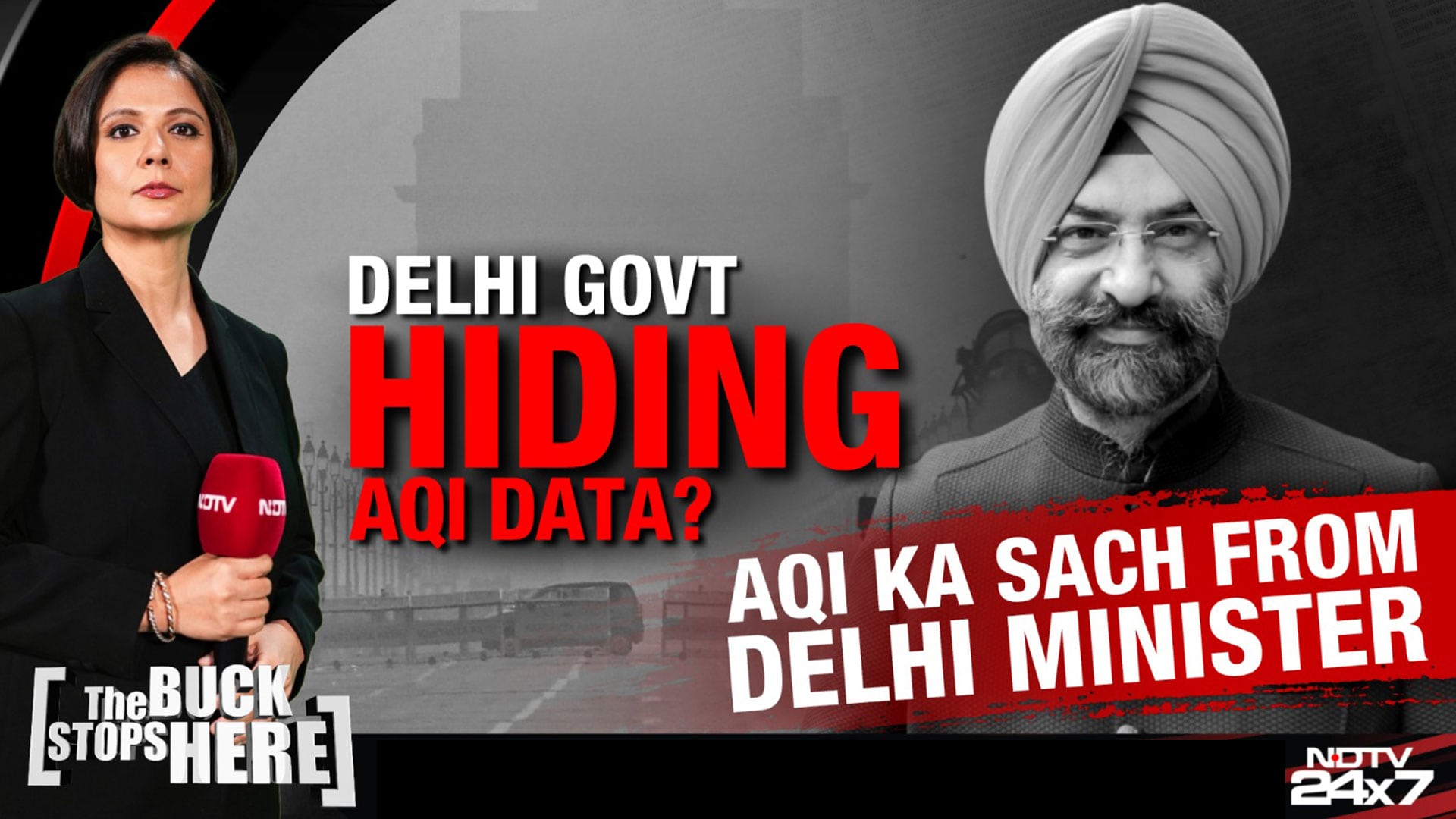- Home/
- Arvind Kejriwal Reveals What Has Been "The Most Difficult Task" For Him
Arvind Kejriwal Reveals What Has Been "The Most Difficult Task" For Him

A day after the Environment Ministry said Delhi registered the highest number of 'good to moderate' air quality days this year since 2016, barring 2020, Chief Minister Arvind Kejriwal said improving Delhi's air quality has been the most difficult task for him.
Delhi also experienced the least number of days with 'poor to severe' air quality in the first half-year period (January to June) in 2023, compared to the corresponding period since 2016, except for COVID-19 affected 2020.
"This was perhaps the most difficult task - improving air quality. But a series of steps taken by Delhiites helped us achieve this seemingly impossible task. Still a long way to go. But Delhi people have always done what others thought impossible," Mr Kejriwal said in a tweet.
The average AQI (air quality index) for Delhi during this period also remained in 'moderate' category - below 200. Delhi reported its lowest average AQI during 2023 (January-June) compared to the corresponding period for the seven years.
The Environment Ministry added that this improvement signifies a substantial reduction in air pollutants with lower levels of particulate matter (PM2.5 and PM10) and other harmful emissions.
(Except for the headline, this story has not been edited by NDTV staff and is published from a syndicated feed.)
Latest Stories
- Press Trust of India | Wednesday October 22, 2025 , New Delhi
Delhi's much-awaited artificial rain experiment, initially postponed in July continues to be on hold, with no green light yet for the trial that was expected to take place after Diwali.
- Written by Tanmaya Kothari , Edited by Shubham Bhatnagar | Wednesday October 22, 2025
In a time when post-Diwali smog still clouds much of the country, these destinations offer hope - and a reminder that clear skies and fresh air are not luxuries but the new markers of good living.
- Written by Aastha Ahuja | Wednesday October 22, 2025 , New Delhi
Both CPCB and IQAir follow different methods of calculating air quality index, resulting in different numbers.
- Written by Varsha Vats | Wednesday October 22, 2025
Poor air quality is linked to a range of health issues, including respiratory problems, cardiovascular diseases, and aggravated asthma.
- Written by Varsha Vats | Wednesday October 22, 2025
The impact of high air pollution on the eyes is significant. Exposure to pollutants like particulate matter (PM2.5), nitrogen dioxide (NO2), and sulfur dioxide (SO2) can lead to a range of eye problems.
................................ Advertisement ................................
Latest Videos
Opinion
Opinion | Why Indians Have Just Given Up On Air Pollution CrisisTanushree Ganguly
Friday December 20, 2024While some may argue that people in Delhi are now more aware of air pollution than they were a decade back, my rebuttal would be that awareness does not mean that people are concerned.
Opinion | You Must Outrage Over Filthy Air More Than Once A YearJyoti Pande Lavakare
Tuesday December 10, 2024Delhi welcomed us with monsoon rains and mangos. We were home. Fast forward a couple of years, in the winter of 2012, I found myself in denial about something other parents, mostly expats, were calling toxic air.
Opinion | Delhi's Air Pollution Situation Is Like A Bad MarriageNishtha Gautam
Friday November 22, 2024On a good day, such as today, the AQI reading in Delhi is 407. We are jubilant at the sickly sunshine trickling through the slightly dissipated smog. At least its not 1600.
दिवाली... पराली... सियासी जुगाली!Ashwini kumar
Monday November 18, 2024दिल्ली-एनसीआर में प्रदूषण का समाधान तो आज तक मिला नहीं. हर साल चिंतित होकर हम-आप सांसों की तकलीफ के साथ-साथ दिल और ब्लड प्रेशर के मरीज भी क्यों बनें?
घर में कैद बुजुर्ग और हांफते लोग, दिल्ली की सांसों में घुला ये कैसा रोग?Nidhi Kulpati
Friday November 08, 2024हमारी हवा जहरीली हो रही है. गुरुवार की शाम को जब मैं इस मुद्दे पर लिखने बैठी तो AQI लगातार 400 पार जाकर दम घोंट रहा था. बहुत लोगों को यह मामला बोरिंग लगे, लेकिन जब आप अपने साथ काम करने वालों को खांसते-हांफते देखते-सुनते हैं, तो चिंता होने लगती है. सुबह उठते ही दरवाजे खिड़कियां खोलने के लिए डॉक्टर मना कर रहे हैं. बड़े बुजुर्गों के लिए तो मॉर्निंग वॉक बाहर की दुनिया से सीधे संपर्क का ज़रिया है, लेकिन डॉक्टर इसकी भी मनाही कर रहे हैं.








